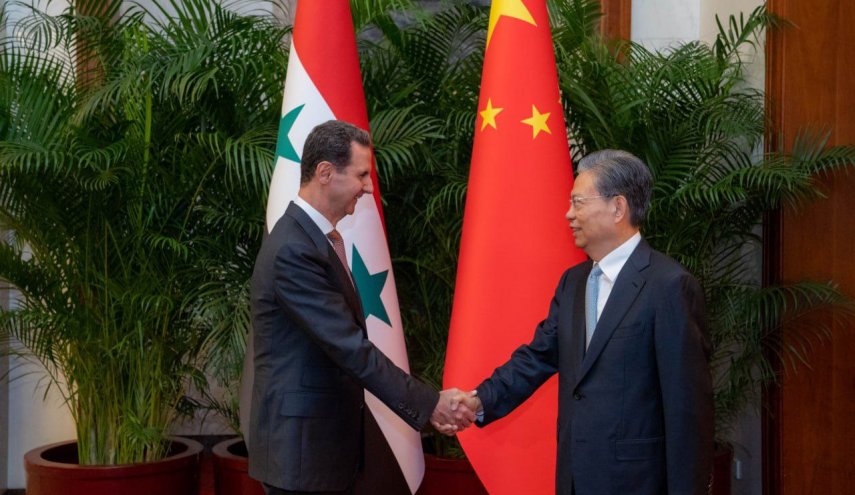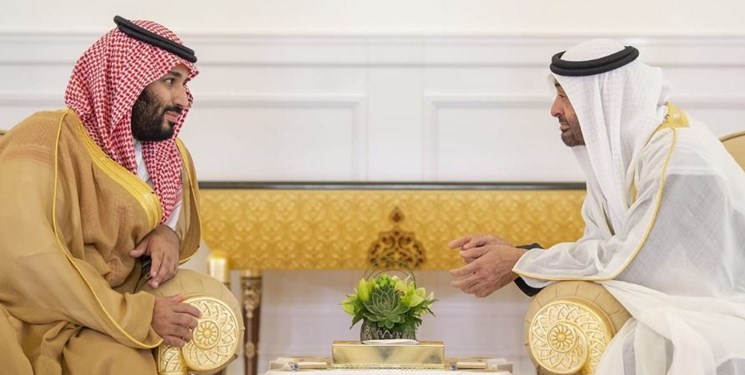Strategic Council on Foreign Relations hosts in Tehran
The 3rd Iranian-Arab Dialogue Conference, “For Cooperation and Interaction”
Strategic Council Online: The 3rd Iranian-Arab Dialogue Conference, titled “For Cooperation and Interaction,” will be inaugurated on April 23rd in Tehran, hosted by the Strategic Council on Foreign Relations.











